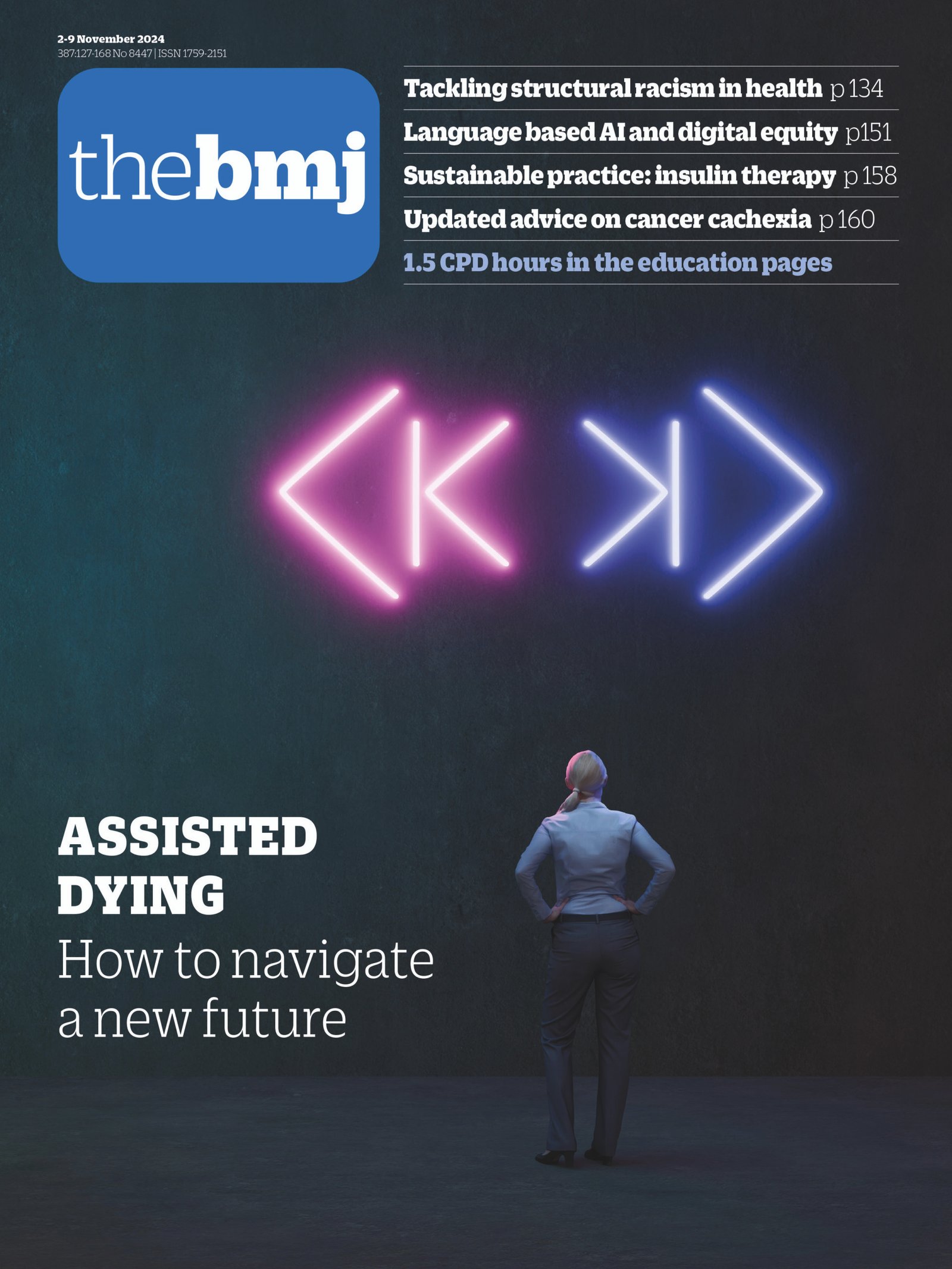
The Australian government must prioritise Aboriginal and Torres Strait Islander people, older people, children, culturally and linguistically diverse communities, and people with disabilities when planning for future pandemics, the country’s covid-19 inquiry report has said.1
The 875 page report follows a year long inquiry commissioned by Prime Minister Anthony Albanese to identify ways Australia can improve its preparedness for future pandemics. It considered 2201 public submissions, a community survey with 2126 individual responses, more than 250 consultations and 27 roundtables, and focus groups and interviews with 176 participants.
The inquiry team outlined nine recommendations for a successful pandemic response, with 19 immediate actions for the next 12-18 months and a further seven medium term actions that should be carried out before the next national health emergency.
One of the recommendations for immediate action is to ensure that priority populations are included in the design and delivery of targeted support and that inequities in accessing services are proactively tackled.
The report has also said the government must:
-
Ensure decision making processes account for broader health, economic, and social impacts
-
Rebuild and maintain trust between government and community, including by considering impacts on human rights
-
Build and maintain coordinated public health emergency communication mechanisms to deliver timely, tailored, and effective communications
-
Develop and regularly stress test preparedness and pandemic response
-
Ensure systems are in place for rapid and transparent evidence collection, synthesis, and evaluation
-
Maintain formal structures across a range of community and business representatives that can be leveraged in a pandemic response.
Establishing an Australian CDC
Another key recommendation from the inquiry is the establishment of a national centre for disease control (CDC). Australia is the only country in the Organisation for Economic Co-operation and Development without one.
Health and aged care minister Mark Butler announced this week that the government is investing AU$251m (£137m; €152m; $165m) to establish a permanent “independent, authoritative CDC” to commence from 1 January 2026, pending legislation which will be introduced to parliament next year. An interim CDC has been operating within the Department of Health and Aged Care since 1 January 2024.
The permanent centre will be headquartered in Canberra, with its functions closely reflecting the recommendations from the covid-19 inquiry report, Butler said.
The establishment of, and funding for, an Australian CDC has been welcomed by many in the public health community who have long advocated for such a centre.2
Terry Slevin, chief executive of the Public Health Association of Australia, said, “We are pleased that the inquiry report recommends that the Australian CDC needs to be ‘transparent, trusted, and independent’ and that its ‘role and functions should be codified in legislation to ensure it is independent and skill based.’ The potential of a permanent CDC is too important to be left to the whim of the government of the day.”3








